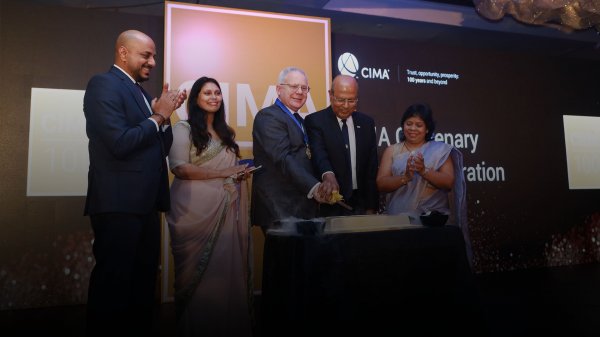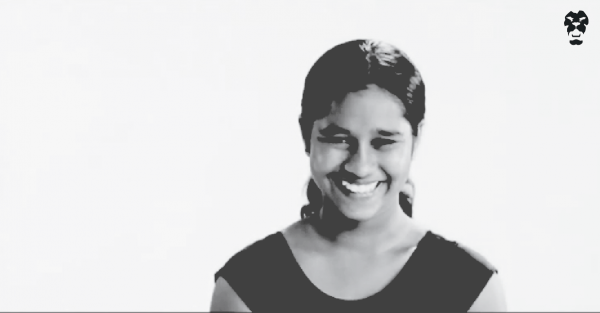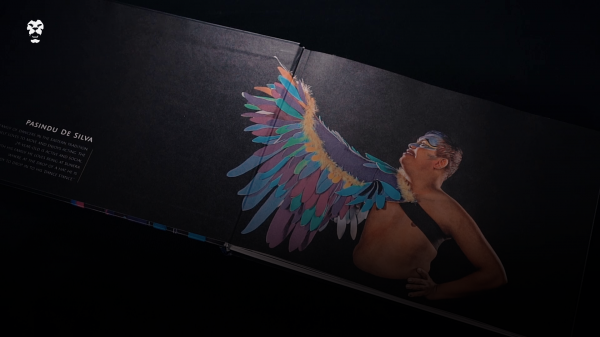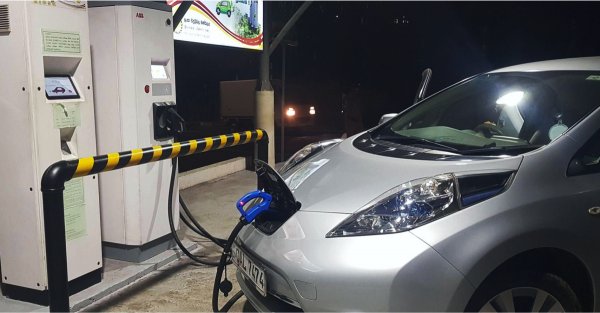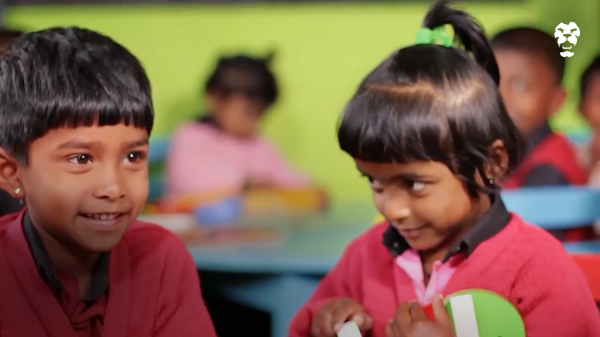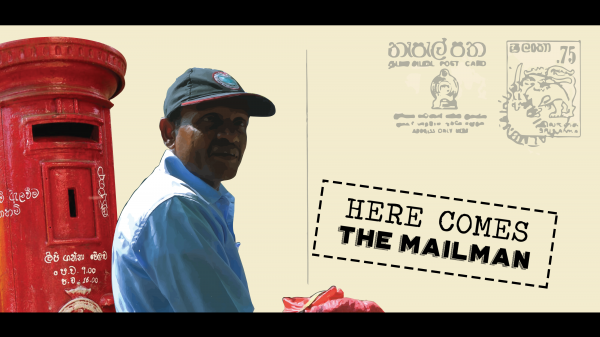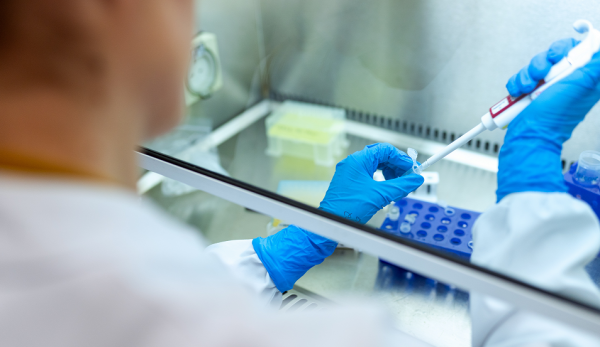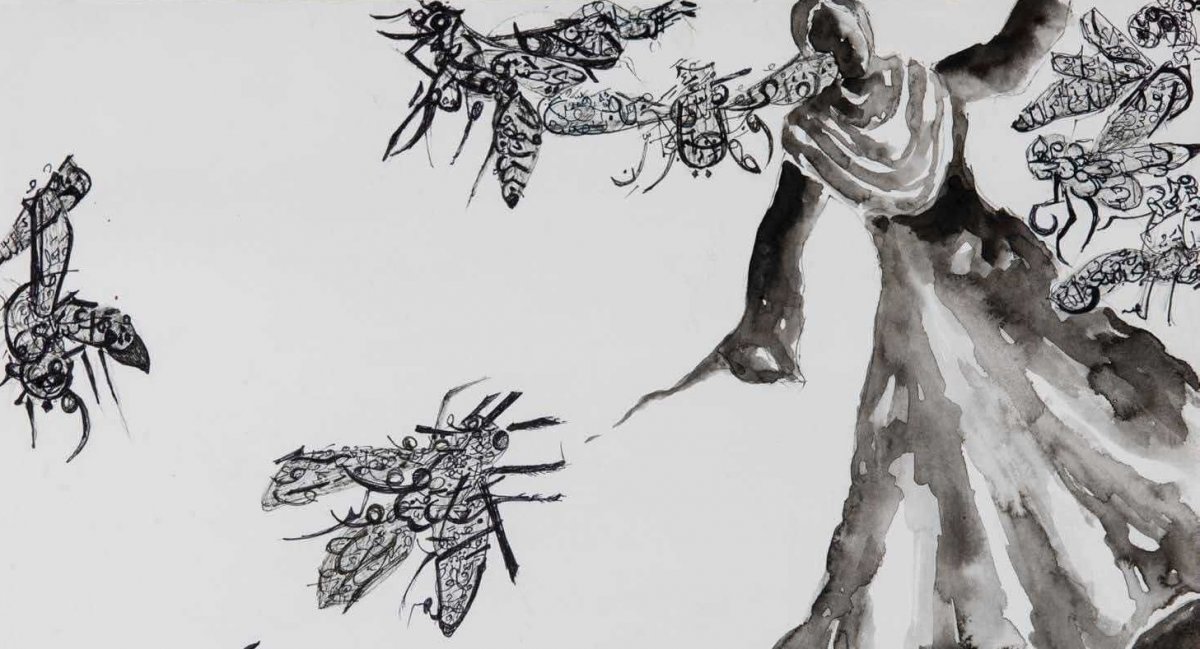
The seventh edition of Colomboscope, `Language is Migrant`, will be in full swing from the 21st of January onwards, opening up Colombo’s leading contemporary arts festival and creative platform to artists from around the world.
The art being showcased is derived from articulations of deep losses, silence, and erasures experienced by each artist, who expressed their stories by composing, deciphering, and performing. These stories act as bridges between communal narratives, official records, and submerged histories, exploring how language relations form selfhood and affinities that outweigh the boundedness of nationhood and citizenship.
This edition is set to showcase over 50 artists, bringing together intergenerational and cultural practices from across Sri Lanka, South Asia, and varied international contexts, fostering global dialogue. These artists will display their commissions, performances, film works, and publications in the six chapters across venues in Colombo.
Thisath Thoradeniya – Sri Lanka
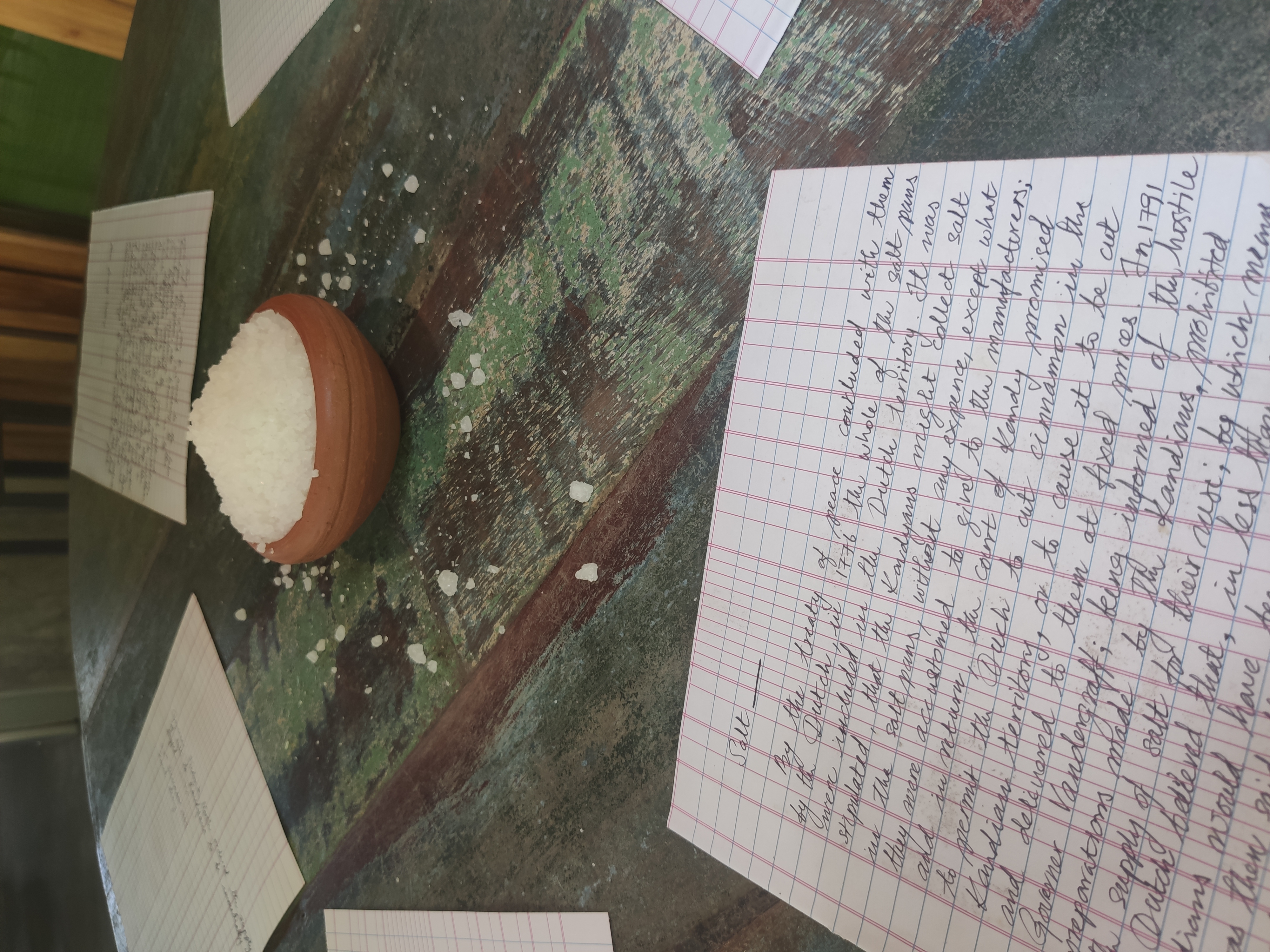
An artist whose practice spans over two decades, Thisath Thoradeniya’s art represents the aesthetic and ideological leanings of a generation of artists who started working in the 1990s and responded to the political and social transformations in Sri Lanka at the time.
For the seventh edition of Colomboscope, Thoradeniya delved into his family archives dating back to the 17th century, and the historical context that informed their migration within the island due to Portuguese control of businesses in coastal areas.
M. T. F. Rukshana – Sri Lanka
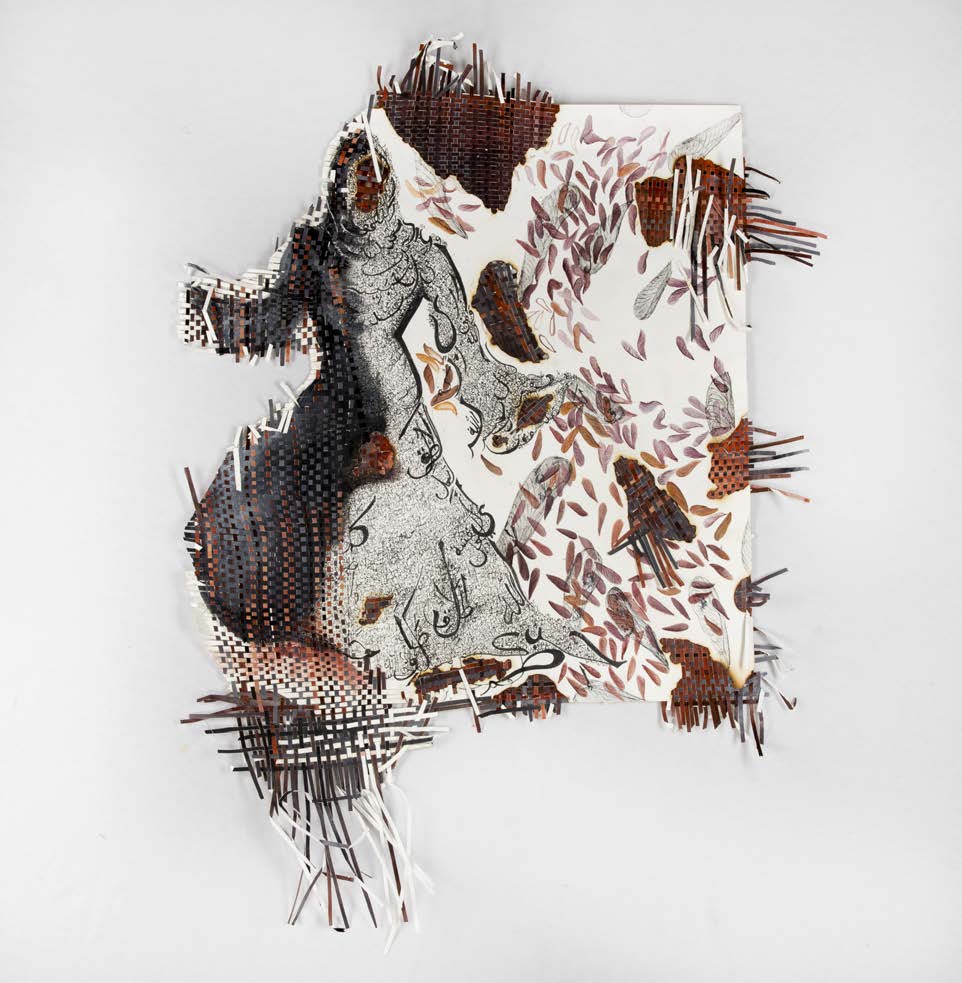
Inspired by her personal exploration of the legal paradigms surrounding feminine agency, and rituals of marriage and divorce, M. T. F. Rukshana creates organic sculptures and intricate weavings made with paper. Through her work of repetitive figuration and patterning, she highlights the dynamics of subjugation and objectification of women through male custodianship.
Her work takes a closer look at the Muslim Marriage and Divorce Act of Sri Lanka, which has not been revised since 1951, to take into consideration women’s consent in matrimonial arrangements, proprietorship, and to tackle the complexities of unconditional divorce (talaq) procedures.
Moreover, Rukshana often draws from her confidential dialogues with women who share their experiences of violent divorces, sexual repression, and child marriage.
Lavkant Chaudhary – Nepal
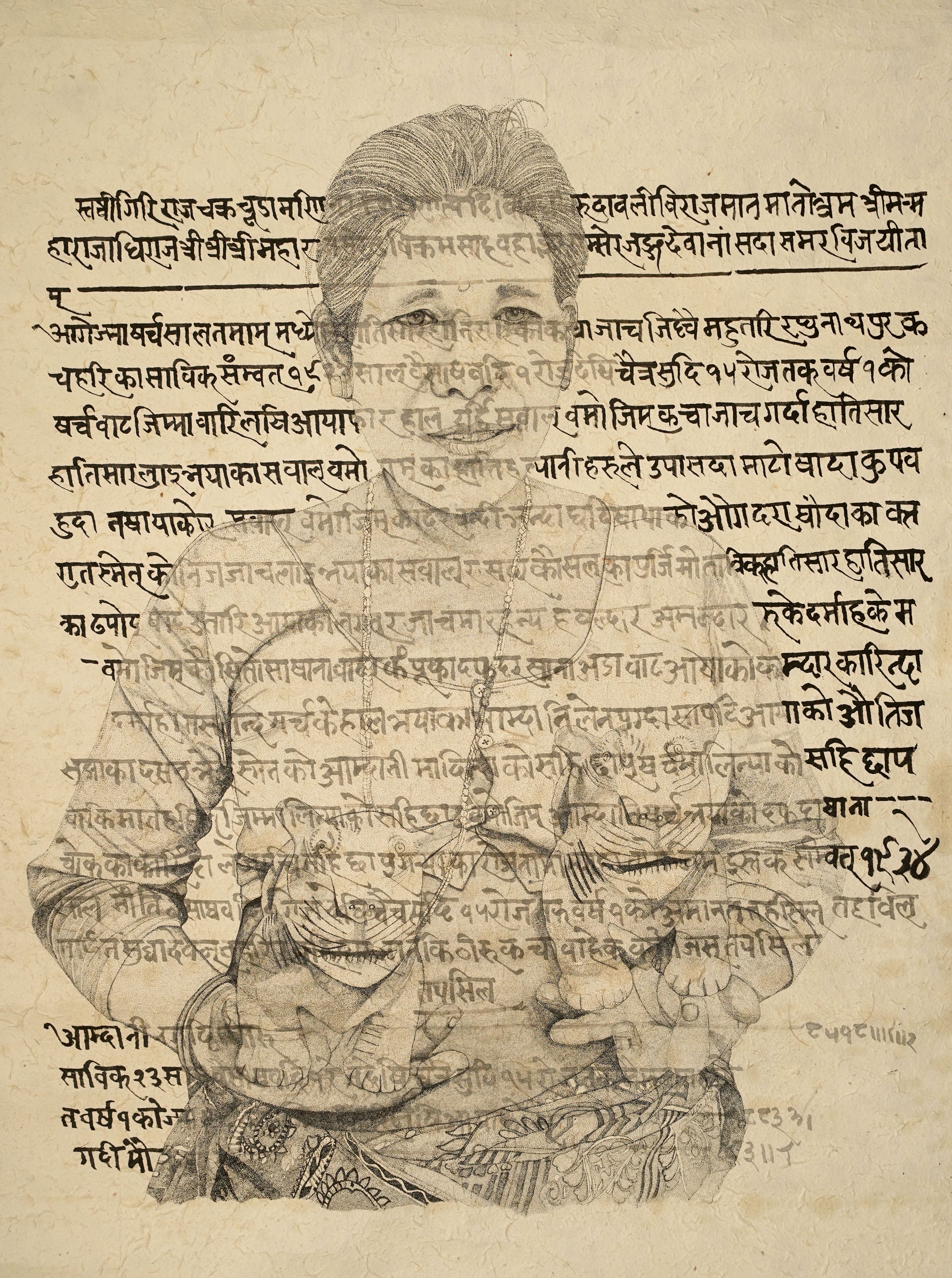
Kathmandu-based artist Lavkant Chaudhary has used his art to delve into the personal facets, human-animal relations, and collective realities of the conflicted Terai region in Nepal. Being a cultural organiser, his work initiates grassroots engagement for counter divisive structures of class, caste, religion, and ecological turmoil.
Chaudhary`s work at Colomboscope is from the ongoing series Maasinya Dastoor (2012 – ), focusing on the historical marginalisation of the indigenous Tharu community who continue to live along the foothills of the Himalayas even as they make up the largest number of cases of forced disappearances in Nepal. The technique in which he uses his pen and ink is inspired by the traditional Godana (tattoo) culture in the community and records their resilience whilst enduring oppression.
Shailesh BR – India
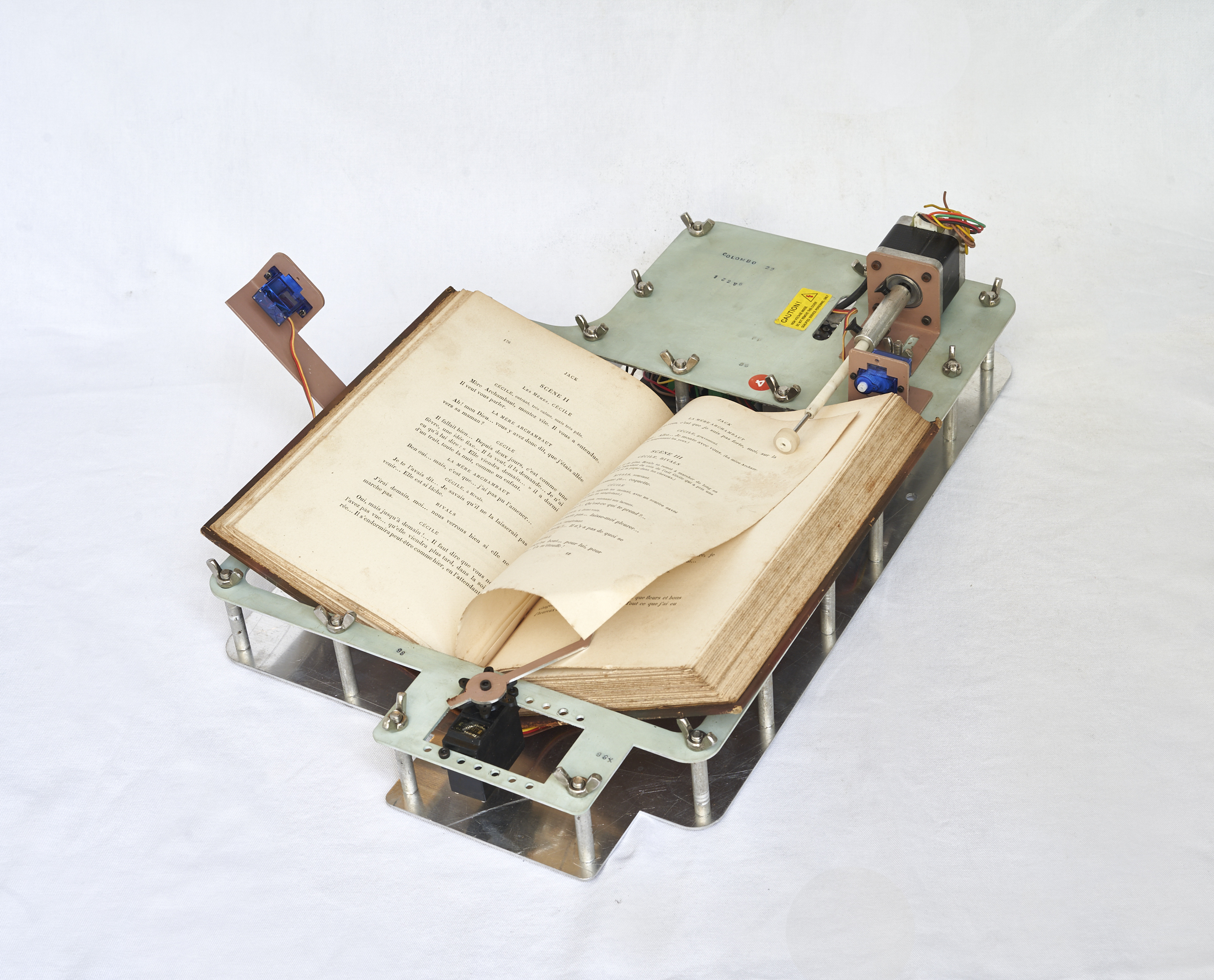
Shailesh BR’s work includes drawings and kinetic installations that have emerged through oral traditions, cultural satire, and interpretative forms of knowledge transfer. His art represents ideas giving way to devices that are both highly imaginative and generate ‘operative systems’ around environmental and human phenomena.
BR’s artistic role can be seen as a commitment to states of playful energy, modes of debate and inquiry that traverses the realms of both the organic and the mechanical. His art remains anchored in the fluidity of processes—engaging philosophical thought, human-machine learning, and codes of ritual, through glitch, repetition, and truisms that emanate from different schools of thought.
Mounira al Solh – Netherlands/Lebanon
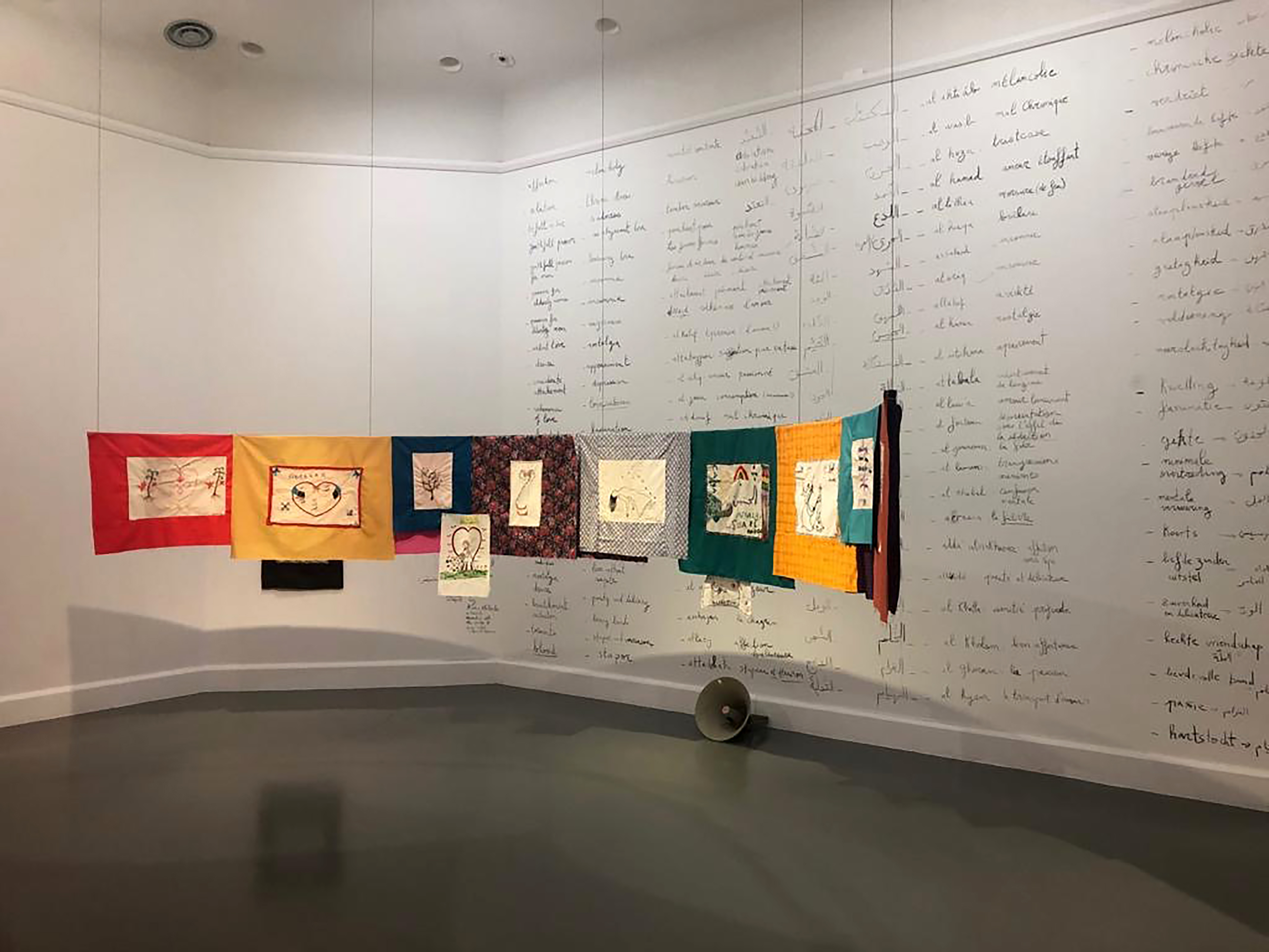
Mounira al Solh’s work is a window into her family’s past, interpreted through diverse artistic platforms which include performance, painting, video, and textile-based installations often drawing upon various mother tongues to bring together fiction, biography, and collective narration.
Her work addresses experiences of displacement, wartime, linguistic affinity, and refugeehood, stemming from her own relations to disparate geographies, living between the Netherlands and Beirut, and her family’s flight from Beirut to Damascus in 1989 following the aftermath of Lebanon’s civil war.
Two of Al Solh’s pieces will be showcased at this year`s Colomboscope and will be translated to both Tamil and Sinhala, adding a more Sri Lankan context to her work.
Pangrok Sulap – Malaysia
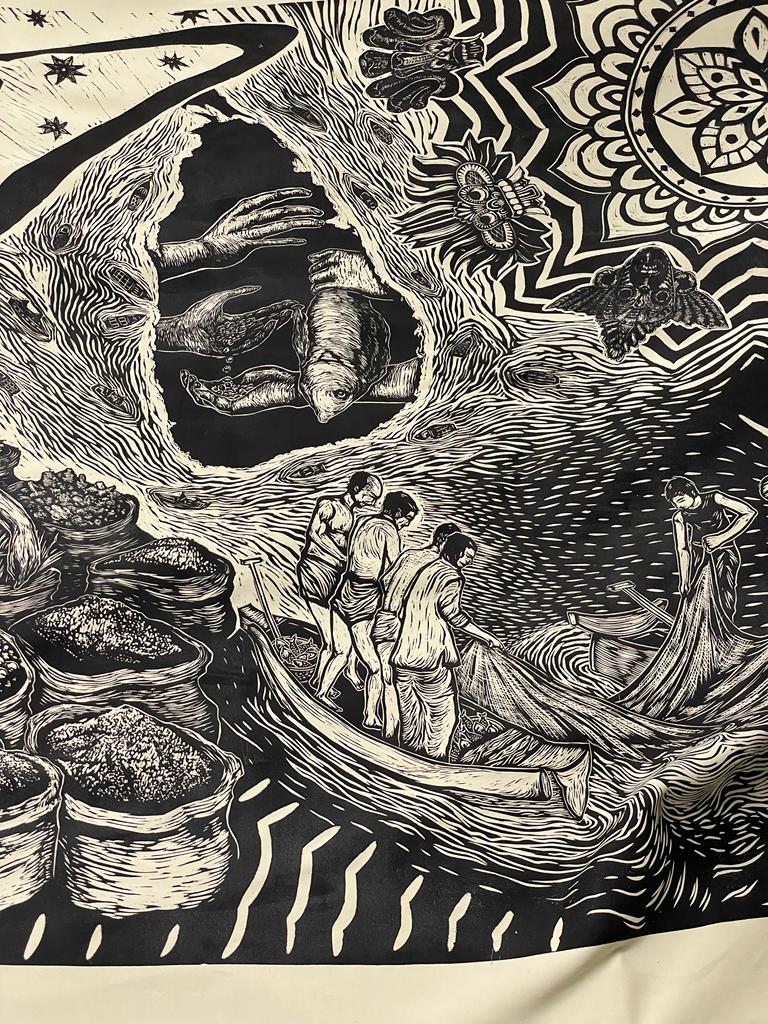
A collective of artists, musicians, and activists based in Sabah, Malaysia, Pangrok Sulap works woodcut printing as a slow, performative, and process-based form of resistance to the rapidity of digital methods and circulation of information in the present day.
Their project for this year`s Colomboscope is collaborative research with the Sri Lankan music group ‘The Soul’, exchanging thoughts on the movement of people from the Malay archipelago to Sri Lanka since 200 BC, and simultaneities between the 1983 riots in Sri Lanka based on ethnic differences and the politics of Malay supremacy entrenched in the Malaysian constitution.
The piece, which took months to prepare, remains self-aware of the virtual exchanges between Pangrok Sulap and The Soul during the pandemic, and the limitations of such forms of communication, by foregrounding telepathy, intuition, empathy, love, and care as sensorial and embodied forms of language.
The woodcut print produced and sent by Pangrok Sulap to Colombo based on these exchanges will be presented with a concert performance by The Soul.
Colomboscope 2022 Schedule
These artists will showcase their work to the public, come Colomboscope 2022: ‘Language is Migrant’. The festival, curated by Anushka Rajendran with Natasha Ginwala as the Artistic Director, takes place from 21 January to 30 January, in locations that include Colombo Public Library, Rio Cinema Complex, Barefoot Gallery, the Lakmahal Community Library, Lak Café, and W. A. Silva Museum. The programme schedule and venues can be accessed via the Colomboscope website.

.png?w=600)
